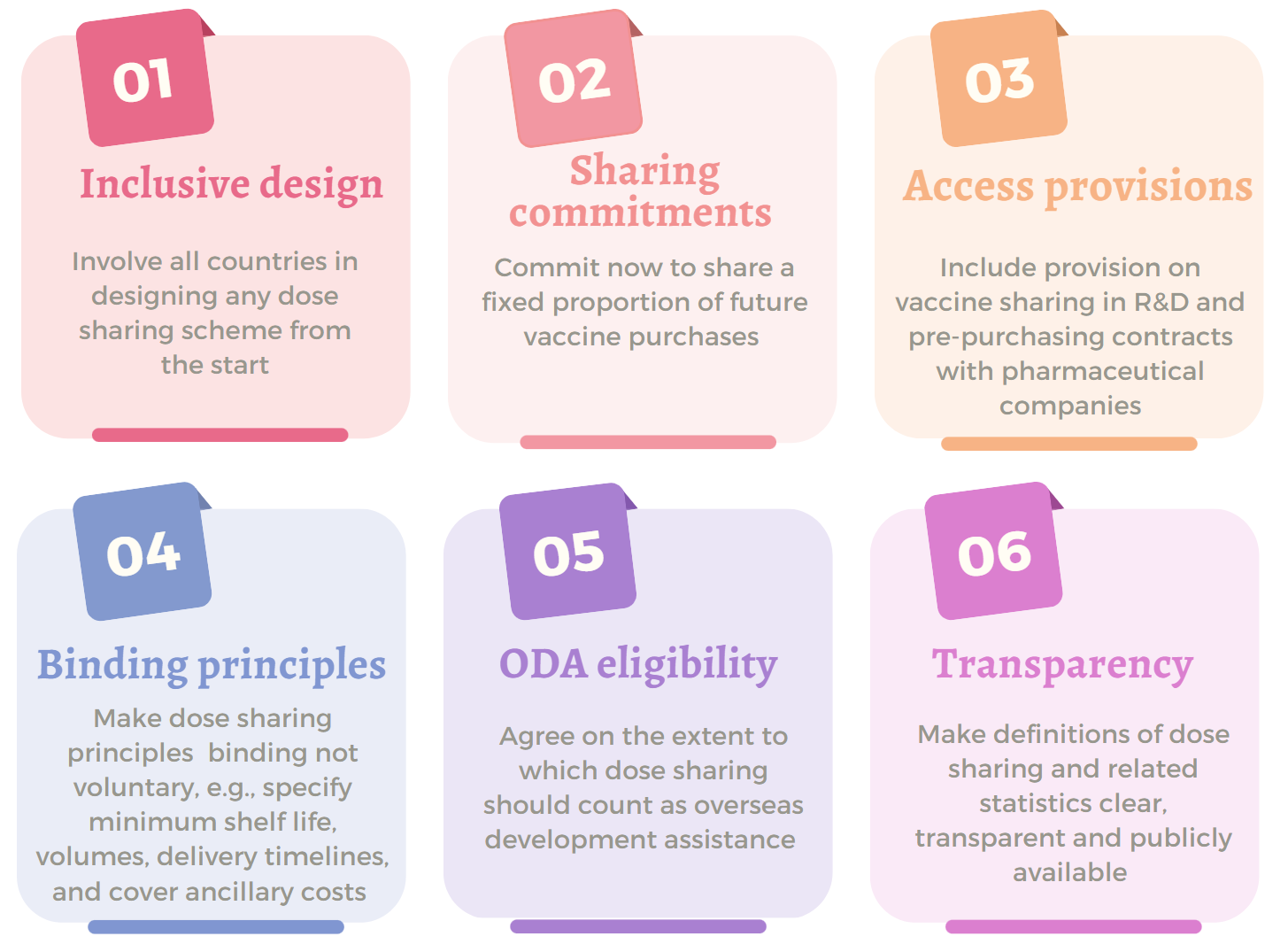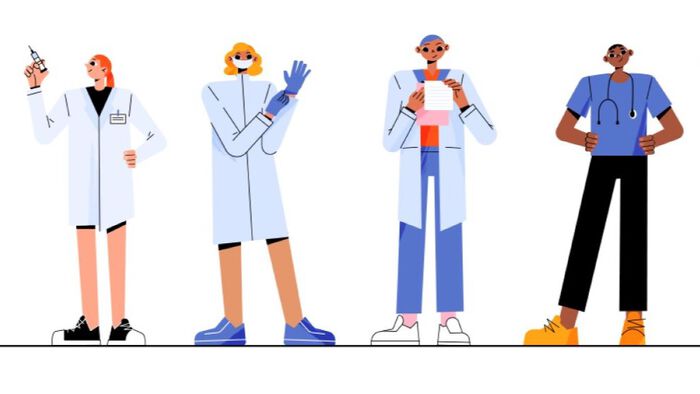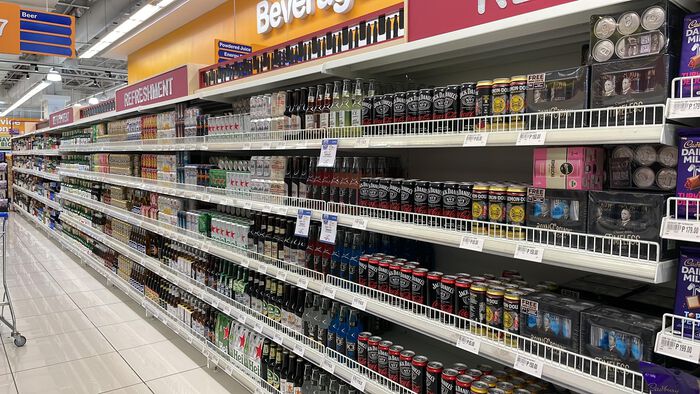The covid-19 pandemic has highlighted the need for globally equitable vaccine access. Ongoing efforts to prepare for the next pandemic therefore aim to strengthen regional vaccine manufacturing, improve global and regional vaccine procurement, and facilitate future vaccine sharing.
COVAX has been the world’s most important multilateral mechanism to share vaccines on a global scale. It aimed to deliver vaccines equitably, making it an important counter-effort to market-based vaccine distribution and vaccine nationalism. However, COVAX’s ad hoc governance structure, and its reliance on voluntary cooperation and charity limited its ability to meet its ambitious targets in the face of national and corporate interests.
Building on previous analyses of COVAX’s vaccine donation efforts, and assuming a similar scramble for scarce vaccines, we highlight six steps that can be taken today to improve vaccine sharing in future pandemics.
Six steps to improve vaccine sharing
Firstly, the influence of high-income countries and large pharmaceutical companies over COVAX’s decision-making weakened its vaccine sharing efforts. Low-income and lower-middle income countries should therefore be involved in equal measure and from the start in the design of future vaccine sharing mechanisms.
Secondly, policy makers in high-income countries found it difficult to share vaccines against covid-19 internationally, even when that made sense from a public health perspective. They hoarded vaccines and delayed sharing them until late 2021, when large parts of their populations were fully vaccinated. Wealthy countries should therefore commit today to share a fixed proportion of future vaccine purchases in the next pandemic to secure access to the most vulnerable groups worldwide, in line with WHO advice.
Third, several governments such as that of Germany and the USA have publicly deplored that the pharmaceutical industry imposed bureaucratic, logistical and legal hurdles to donating surplus vaccines. Future subsidies to pharmaceutical companies for vaccine research and development, and pre-purchasing agreements for vaccine doses should therefore include publicly available access provisions that enable vaccine sharing.

Fourth, when covid-19 vaccine donations eventually began, they came in small shipments, on short notice and often with a short shelf life, leading to waste. Sometimes they were even earmarked, against COVAX’s dose-sharing principles oriented around health equity and solidarity. Future dose-sharing principles should therefore be binding not voluntary, specifying thresholds for donations’ shelf life, volumes, and delivery timelines, while covering ancillary costs.
Fifth, there was uncertainty during the covid-19 pandemic as to whether vaccine donations could be reported as aid. The Organization for Economic Cooperation and Development agreed in February 2022 that vaccine donations could be reported as official development assistance, at a value of US $6.72 per dose shared. This risked depleting aid budgets and displacing funding for other development priorities, especially because some countries paid less than this price per dose. A future vaccine sharing mechanism should agree in advance on the extent to which dose sharing will or will not count as overseas development assistance.
Lastly, COVAX’s dose donation statistics have been confusing and misleading as they wavered between reporting on “pledged doses”, “secured doses”, “ordered doses”, “delivered doses,” and all too rarely “administrated doses.” Future vaccine donation efforts should pre-define reporting standards and commit to making results publicly available.
While these recommendations are not exhaustive, they show that several concrete steps can be taken today to improve vaccine sharing in the next pandemic.
A one-pager policy brief can be downloaded here. This piece stems from the public-private cooperation for pandemic preparedness and response (PANPREP) project, funded by the Research Council of Norway.
Further reading:
"COVAX, vaccine donations and the politics of global vaccine inequity." Globalization & Health, 2022
"COVAX and the many meanings of sharing." BMJ Global Health, 2021





